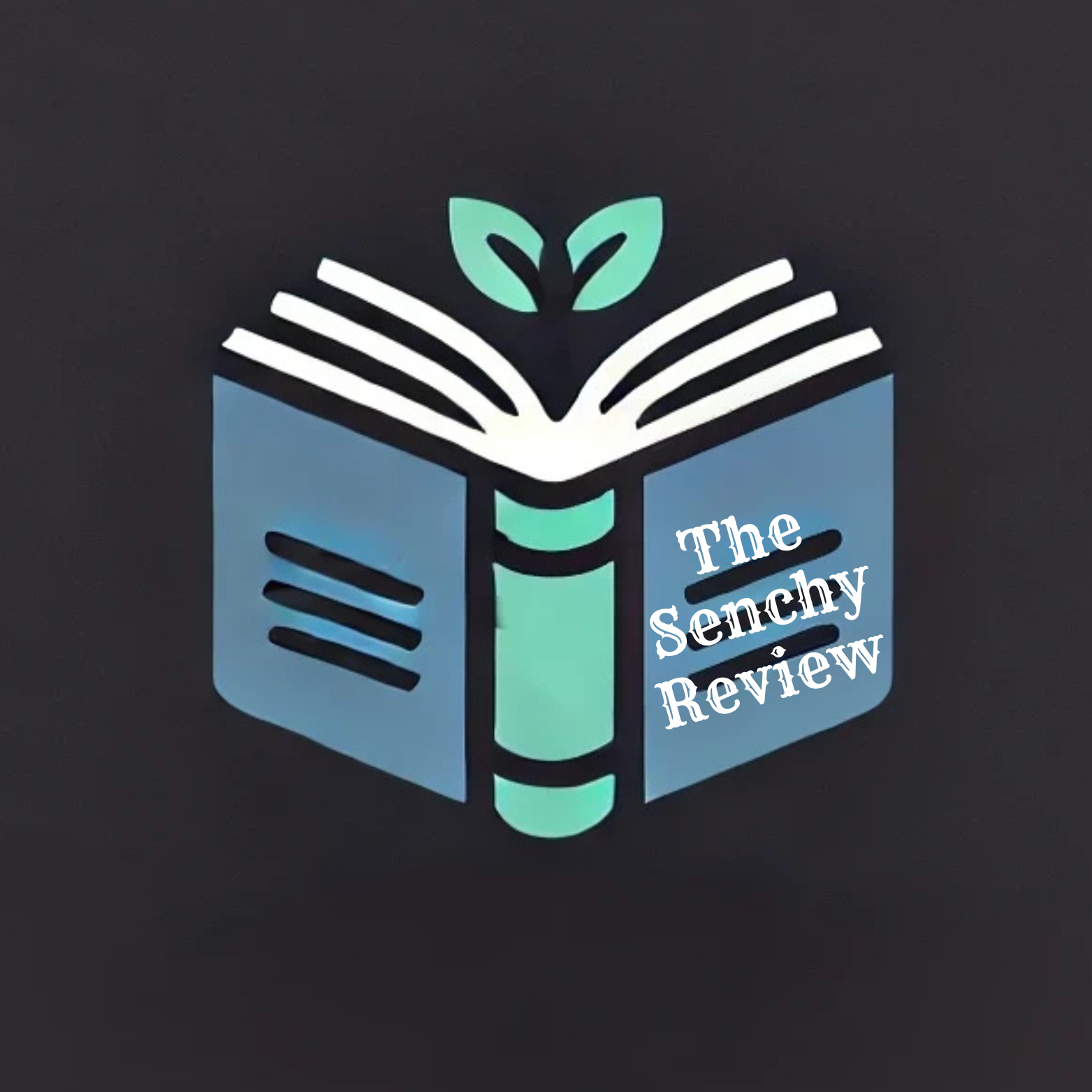Humans learn more effectively by doing than by theorizing. To learn how to ride a bike, for example, you don’t debate or discuss—you simply try. You may fall or hurt yourself at first, but that’s part of the learning process. There are types of projects which are the same. I believe when it comes to personal projects, or tasks that are easy to iterate on or re-do, it's best to start as soon as the idea or motivation strikes. Furthermore, rather than focusing on one large project, it’s often better to tackle many smaller ones. This works because we learn best through real-life trial and error, rather than by overthinking.
There are several reasons why this method is effective. First, we gain immediate knowledge and experience from the work itself. Whether it’s publishing an article, launching a podcast, or starting an organization, if there’s no major cost involved, it’s best to start as soon as you're inspired and begin gaining experience. Your first attempt might not be perfect, but it’s a starting point. With each effort, you improve. Constant tinkering leads to gradual progress—just as Darwin refined his theory of evolution, and Edison perfected the lightbulb. The key is to begin without expecting perfection. Writers, too, wouldn’t finish books if they waited for perfection; a first draft is rarely perfect, but it’s a step towards improvement through feedback and revision.
Having a tangible project also allows for quicker feedback. Completing a project sooner means you can get feedback earlier, and the key is seeking it from the right people—those relevant to the project’s success. Early feedback helps you adjust and refine in meaningful ways.
Second, finishing a project is itself motivating. Working on something without a clear end in sight can be frustrating, but when a project has a defined goal, and you see your first attempt as a finished product, it energizes you to continue.
Third, the longer we delay starting a new idea, the less likely we are to pursue it. If you’re going to start something, it’s best to begin as soon as possible. Otherwise, weeks, months, or even years may pass, and it will remain just another thing you “could have done.”
Great projects or products rarely succeed on the first try. They are built on countless experiments and iterations. In life, it’s equally important to be responsive to mistakes and setbacks. Allowing ourselves (and others) to fail within acceptable limits is crucial. Small failures, as long as they aren’t catastrophic, are essential to long-term growth and well-being.
Now taking this idea of learning through feedback to a social and humanitarian concept, it is important to allow failure among children, people and society. In parts of our modern culture, children and even people are not given feedback. In a respectful but honest manner. Children are often all given participation prizes or rewards for doing nothing. While I agree with the sentiment of respect for all regardless of external achievement, I believe it will be harmful for the very people we are trying to help. While I believe that all people are deserving of love and respect, sheltering children—or even adults—from real-world challenges can be harmful. Sometimes we win and sometimes we lose. We do not always succeed. That is the truth of life. By sheltering children from such truths we can prevent them from learning from mistakes. People can be rude or unkind, but shielding everyone from these experiences is not the answer. Instead, we should empower individuals to feel secure in themselves, regardless of others' behavior. The goal is not to silence ‘hurtful’ voices but to cultivate resilience in the face of them.

